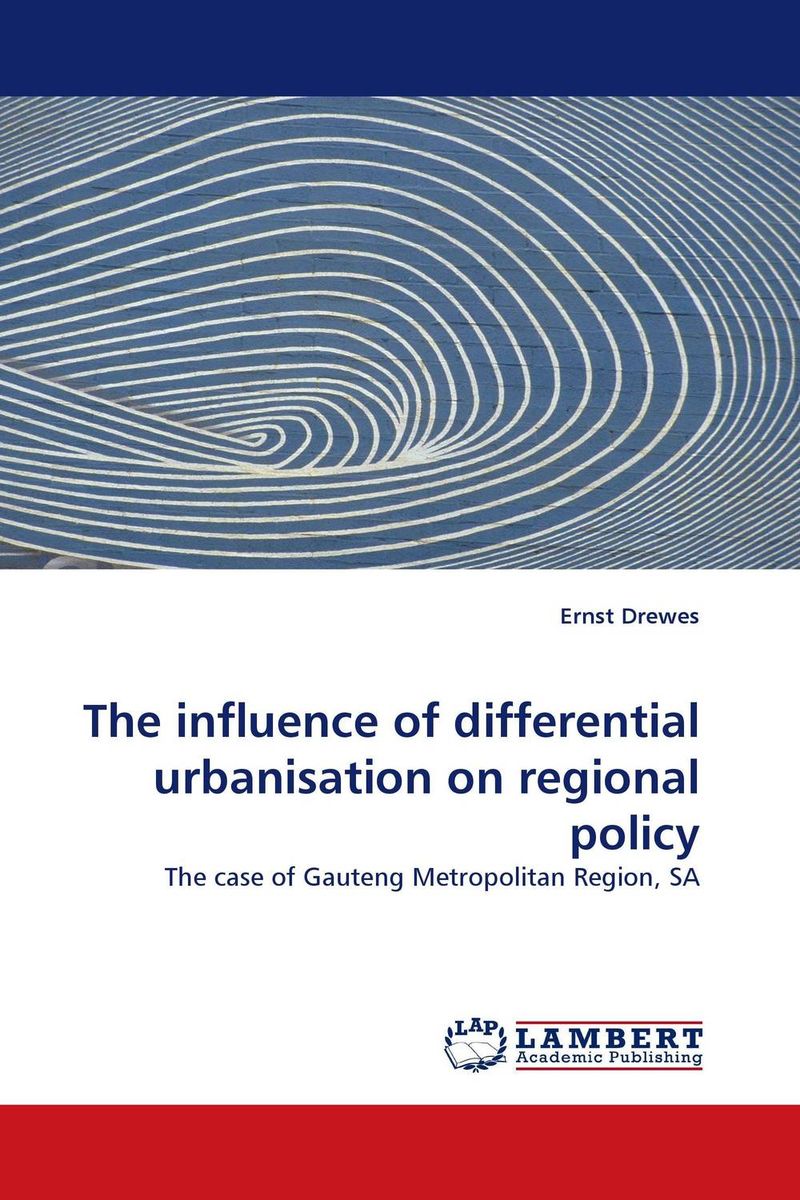This book aims to integrate effective and sustainable regional policy with the concept of differential urbanisation. From this research it is evident that regional policy is implemented in reaction to certain socio-economic imbalances in a region. This usually refers to high levels of unemployment and weakening economic sectors in certain cities. It is proposed that regional policy be formulated in a pro-active manner for all relevant sectors within the urban system, given its development status. Accordingly, urban centres that will probably see an increase in population and economic growth, can be identified at an early stage and developed accordingly. Similarly, urban places with weakening economies can be supported if identified early in its stagnating phase. The socio- economic profile of the Gauteng Metropolitan Region showed that it has followed a pre- determined ‘maturation’ pattern since the 1960s. It is also evident that the efficiency of regional policy and the sustainability thereof is usually inversely proportional to each other: i.e. as sustainability increases, economic efficiency decreases. Это и многое другое вы найдете в книге The influence of differential urbanisation on regional policy (Ernst Drewes)
The influence of differential urbanisation on regional policy Ernst Drewes
Подробная информация о книге «The influence of differential urbanisation on regional policy Ernst Drewes». Сайт не предоставляет возможности читать онлайн или скачать бесплатно книгу «The influence of differential urbanisation on regional policy Ernst Drewes»
